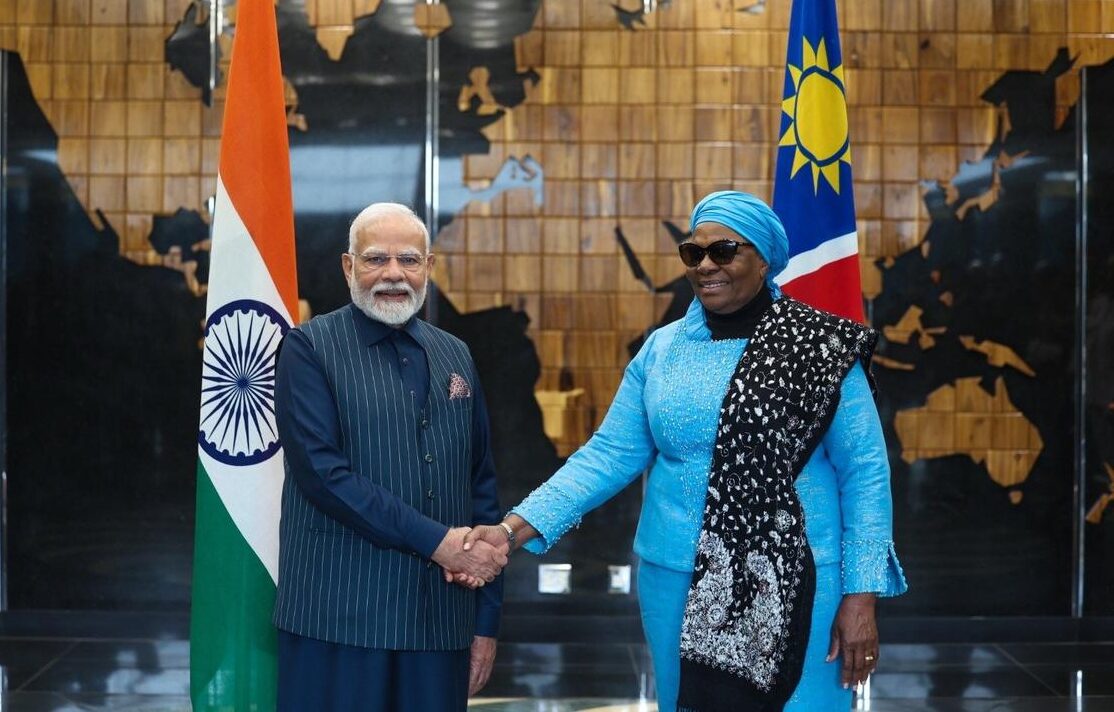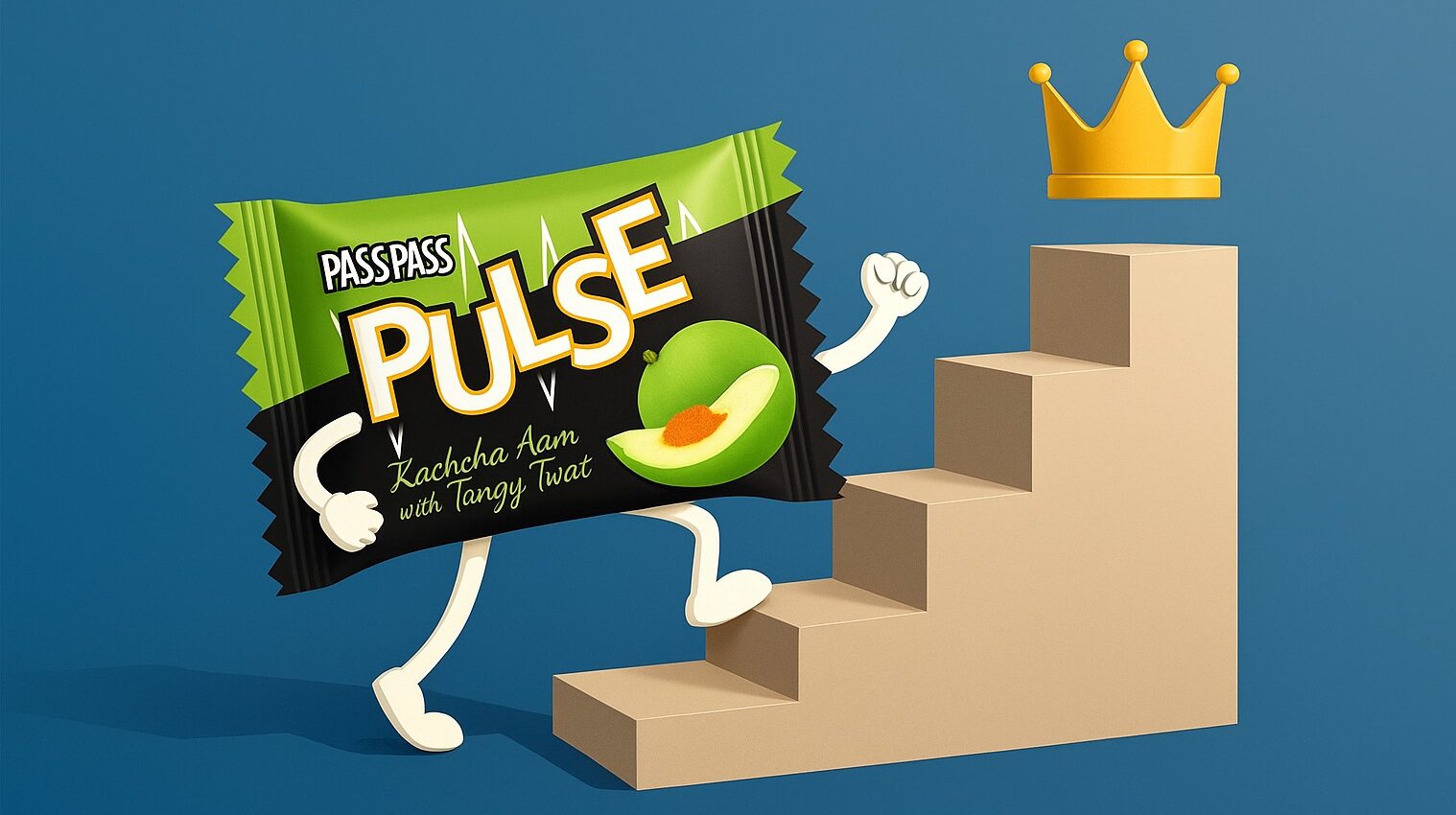Bajaj Housing Finance’s initial public offering (IPO) has created a sensation in the Indian stock market, breaking previous records with an impressive subscription rate. Launched on September 9, the Bajaj Housing Finance IPO drew bids totaling ₹3.2 trillion (around $780 million), accounting for over 1% of India’s GDP for the fiscal year 2024.
The response from institutional investors was particularly robust, with shares allocated for both foreign and domestic funds being oversubscribed by more than 200 times. Meanwhile, the high net worth individual (HNI) segment saw its allocation subscribed nearly 44 times, and the portion reserved for retail investors was oversubscribed more than seven times.
The IPO was met with overwhelming enthusiasm, being fully subscribed within the first day and seeing over seven times subscriptions by the close of the second day. This exceptional demand can be attributed to the strong historical performance of Bajaj Finance and Bajaj Finserv, whose stock prices have surged 28-fold and 17-fold, respectively, over the past decade. Market analysts predict that Bajaj Housing Finance’s shares will list at₹145, significantly above the offer price of₹70.
The Telecom sector experiences a revival
The telecommunications sector is showing promising signs of recovery, uplifted by recent developments. Major telecom players, Reliance Jio and Bharti Airtel, have recently increased their mobile plan prices, signaling a shift in the market dynamics. Furthermore, Vodafone Idea is poised to secure a substantial ₹350 billion in financing following a favorable techno-economic assessment by banks. The company’s founder has also increased his stake, reflecting confidence in the firm’s future.
Citi has issued a positive outlook on Vodafone Idea, with a buy rating and a price target of ₹22 per share over the next 12 months, indicating a potential gain of over 60%. This optimistic forecast is supported by the sector’s gradual recovery and strategic moves by leading players.
Automotive sector confronts global hurdles post Bajaj Finance IPO
The automotive industry, which enjoyed a strong performance earlier this year, is now dealing with several challenges. Rising inventory levels and a slowdown in international demand are impacting passenger vehicle manufacturers. Tata Motors, for instance, has faced its longest losing streak in 16 years due to warnings about weak order books and lagging new bookings for Jaguar-Land Rover.
Mahindra & Mahindra also reported disappointing export figures, while Maruti Suzuki India saw an enhancement in foreign sales, strengthened by a collaboration with Toyota. However, broader signs of a global economic slowdown are raising concerns among investors, casting a shadow over the auto sector’s outlook.
As the industry navigates these challenges, the path forward remains uncertain, with global economic conditions playing a crucial role in shaping future performance.


























